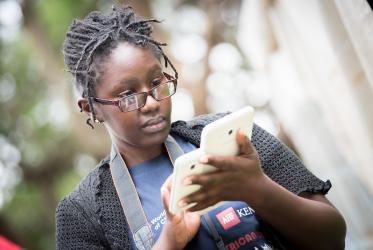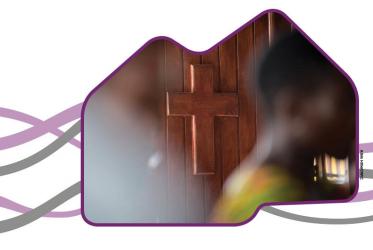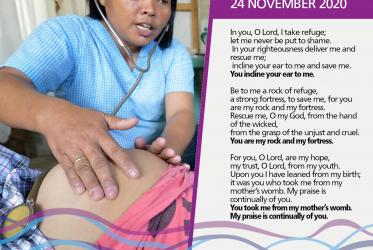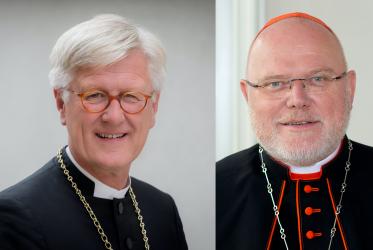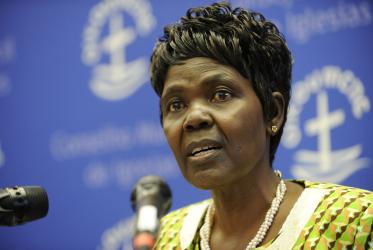Displaying 161 - 180 of 1014
Halki Summit IV will explore COVID-19 and climate change
14 January 2021
WCC podcast deals with death and dying
15 December 2020
16 Days: global voices ring strongly against gender-based violence
11 December 2020
Driven by God’s grace and a sense of duty
05 November 2020
Healing Together
A Facilitator’s Resource for Ecumenical Faith and Community-Based Counselling
15 October 2020
